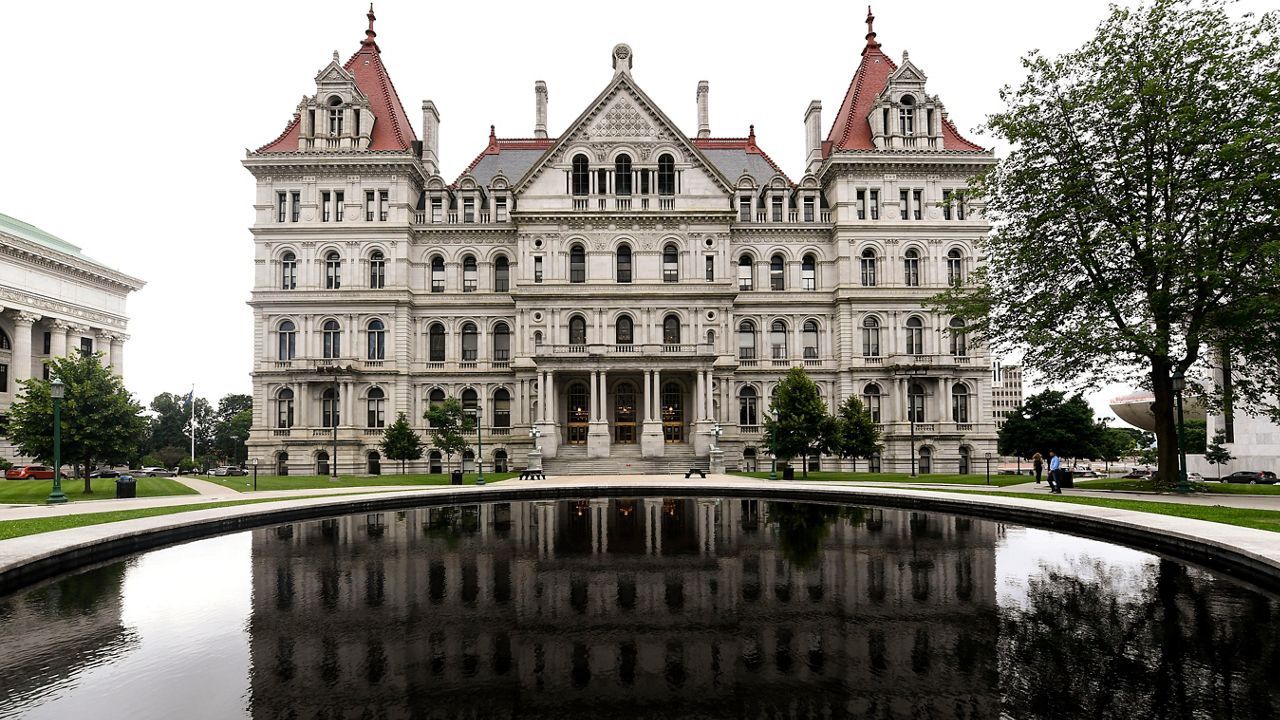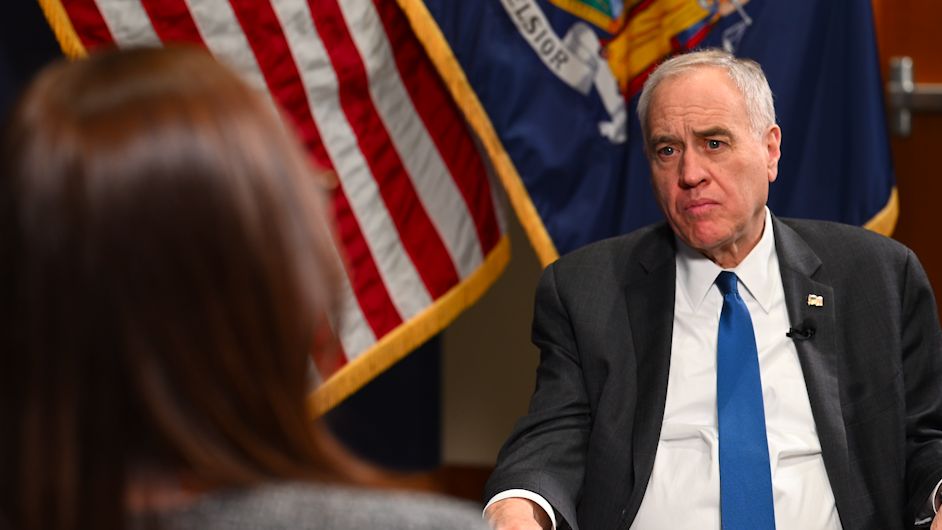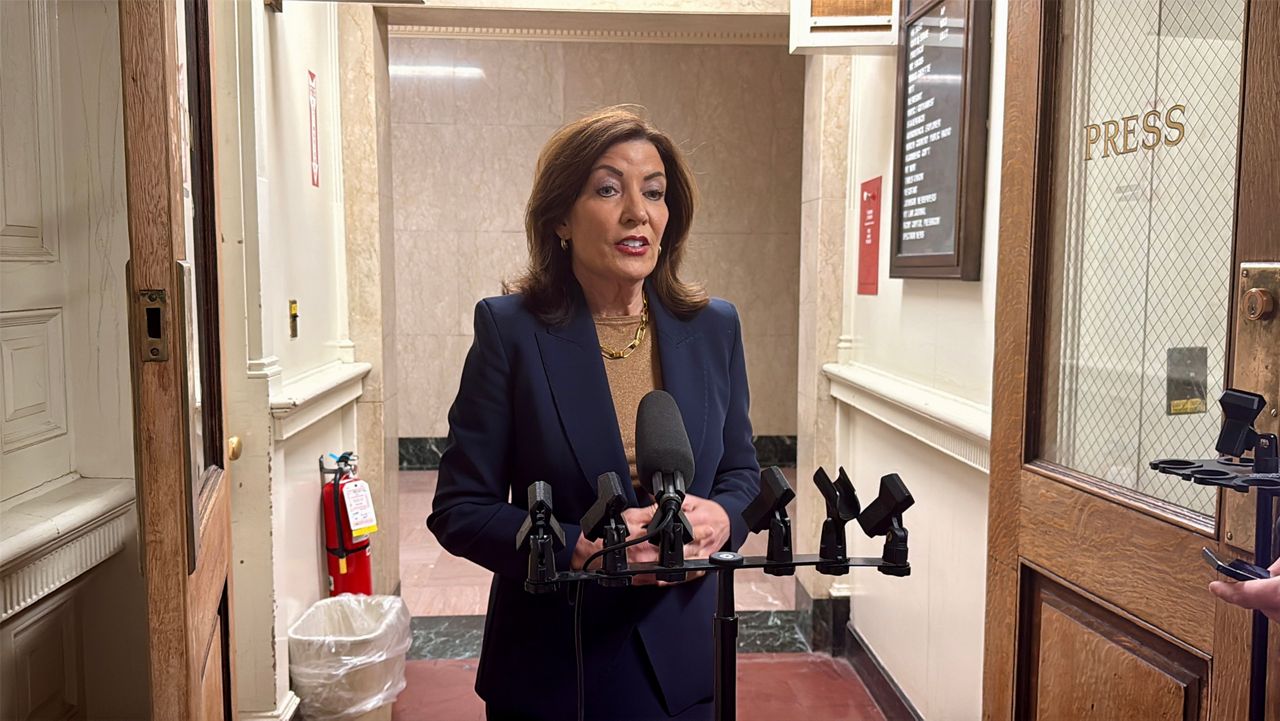The state Department of Corrections and Community Supervision determined two correctional facilities in upstate New York can be safely closed. It comes after state budget language approved earlier this year allowed the state to close up to five prisons with 90 days' notice.
Great Meadow Correctional Facility in Washington County and Sullivan Correctional Facilities in Sullivan County will close on Nov. 6, DOCCS said Thursday. The decision comes after a DOCCS reviewed the state’s 44 prisons, taking into account diminished incarcerated populations; physical infrastructure; program offerings; whether inmates can be relocated to other institutions; security levels; specialized medical and mental health services; and areas of the state where prior closures have occurred in order to minimize the impact to communities and other factors.
Jennifer Scaife, executive director of independent prison oversight organization Correctional Association of New York, told Spectrum News 1 the organization has reviewed the situations at both facilities under the organization’s legal oversight authority.
“We go and interview incarcerated people, speak with staff, make observations,” she said.
Scaife argued that their findings support the closures. She also said they would support additional closures, though it remains unclear if the state will take action on the other three allotted in the budget.
“There’s a shortage of staff across the board in security, civilian, medical staff positions, and so they don’t have enough employees to run essential posts,” she said.
No one is disputing that prison populations are declining, or that there’s a staff shortage, but the decision to close the two facilities is far from being universally seen as the solution.
Chris Summers, president of the New York State Correctional Officers & Police Benevolent Association, said in a statement that long-term recruiting measures are needed.
“Redistributing staff through prison closures will accomplish the same thing it has always accomplished: a short-term staffing boost to a handful of facilities with little to no long-term relief,” he said. "The State of New York needs to take bold and creative action to fix the staffing issue that is creating low morale and pushing members to their limits. Closing prisons and expecting different results certainly is not bold and creative, it is shortsighted.”
State Sen. Peter Oberacker, whose district includes Sullivan Correctional Facility, criticized the state for only providing a little over three months for the closure, though that time frame is within the budget’s stipulations.
He also criticized Gov. Kathy Hochul and other state leaders for not announcing a concrete plan for the facilities after they close.
“I have no idea what the plan is,” he said.
He also stressed that the decision will negatively impact the surrounding communities where employees live and work.
“Look at it from the economics of the areas that would be affected, retail operations, convenience stores that sell fuel and gas and things of that nature,” he said.
Scaife dismissed that argument, pointing out that both facilities have other state prisons in the immediate vicinity.
“Many facilities across the system are co-located to share resources, so the first available opportunity is to go to work across the street,” she said.
On the Democratic side, state Sen. Julia Salazar, who is chair of the Crime Victims, Crime and Correction Committee, applauded the move.
“These closures are a necessary action in response to the needs of both incarcerated individuals and staff, as most DOCCS prisons are operating well below their respective capacities and DOCCS continues to experience challenges with fully staffing the facilities. The decision to close Great Meadow CF and Sullivan CF is a responsible decision that I fully support."
The state says all department of corrections staff will be offered positions at other facilities and no layoffs are anticipated, but that doesn’t mean all employees will remain with the organization.








